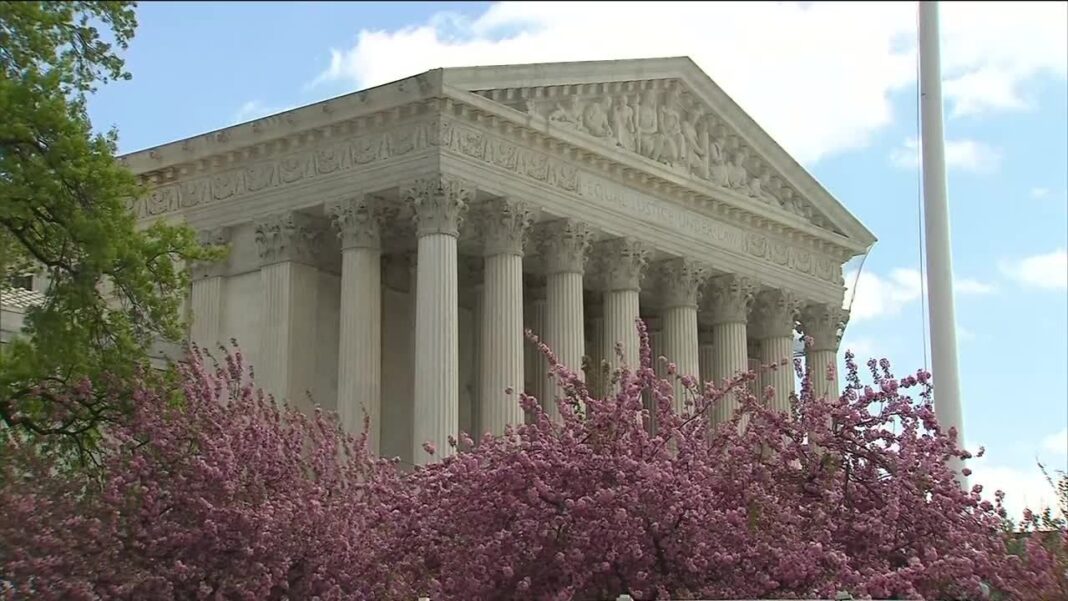
Special envoys of China, Russia, and Pakistan have met and held talks with representatives of the Taliban terrorist group’s self-appointed government, Russia’s Foreign Ministry said on Wednesday.
The three special envoys during their visit to Kabul on Tuesday and Wednesday held talks with the Taliban-appointed acting prime minister Mohammad Hasan Akhund, foreign minister Amir Khan Mutaqi, finance minister, and other officials.
Russia’s Special Envoy to Afghanistan, Zamir Kabulov, Pakistan’s Special Representative for Afghanistan Mohammad Sadiq, and China’s Special Envoy to Afghanistan, Yue Xiaoyong, were invited to participate in talks by the Taliban, which seized control of Kabul on Aug. 15.
According to the foreign ministry’s statement, the officials discussed encouraging friendly relations with foreign countries and Afghanistan’s neighboring countries. They also touched upon having an inclusive government to ensure territorial integrity, unity of the country, human rights, and improving economic and social ties.
Chinese Foreign Ministry spokesman Zhao Lijian told reporters at a media briefing that the three special envoys also met with former president Hamid Karzai and Abdullah Abdullah, president of the Council for National Reconciliation under the former government.
Pakistan’s ambassador to Kabul, Mansoor Ahmed Khan, said on Twitter that the three countries pushed for an inclusive government in their meeting with Taliban officials.
“Special Envoys on [Afghanistan] of Pakistan Amb Sadiq, Russia Zamir Kabulov and China Yue Xiayong visited Kabul & called on Afghan Acting Prime Minister M. Hasan AKhund & senior leaders to discuss peace, stability & inclusive governance,” he wrote.
Amid talks of inclusivity, and the terrorist group’s public promises of amnesty toward its opponents, the Taliban is coming under increasing fire following its move this month to ask female Kabul government workers to exit the workforce and remain at home, and to suspend secondary school education for girls in the country.
The decision to prevent most female city workers from returning to their jobs has largely been seen as another sign that the terrorist group is enforcing its harsh interpretation of Islam, despite initial promises by those involved in peace talks that they would form a representative government with other Afghan leaders that was more inclusive and respected human rights. In their previous rule in the 1990s, the Taliban had barred girls and women from schools, jobs, and public life.






